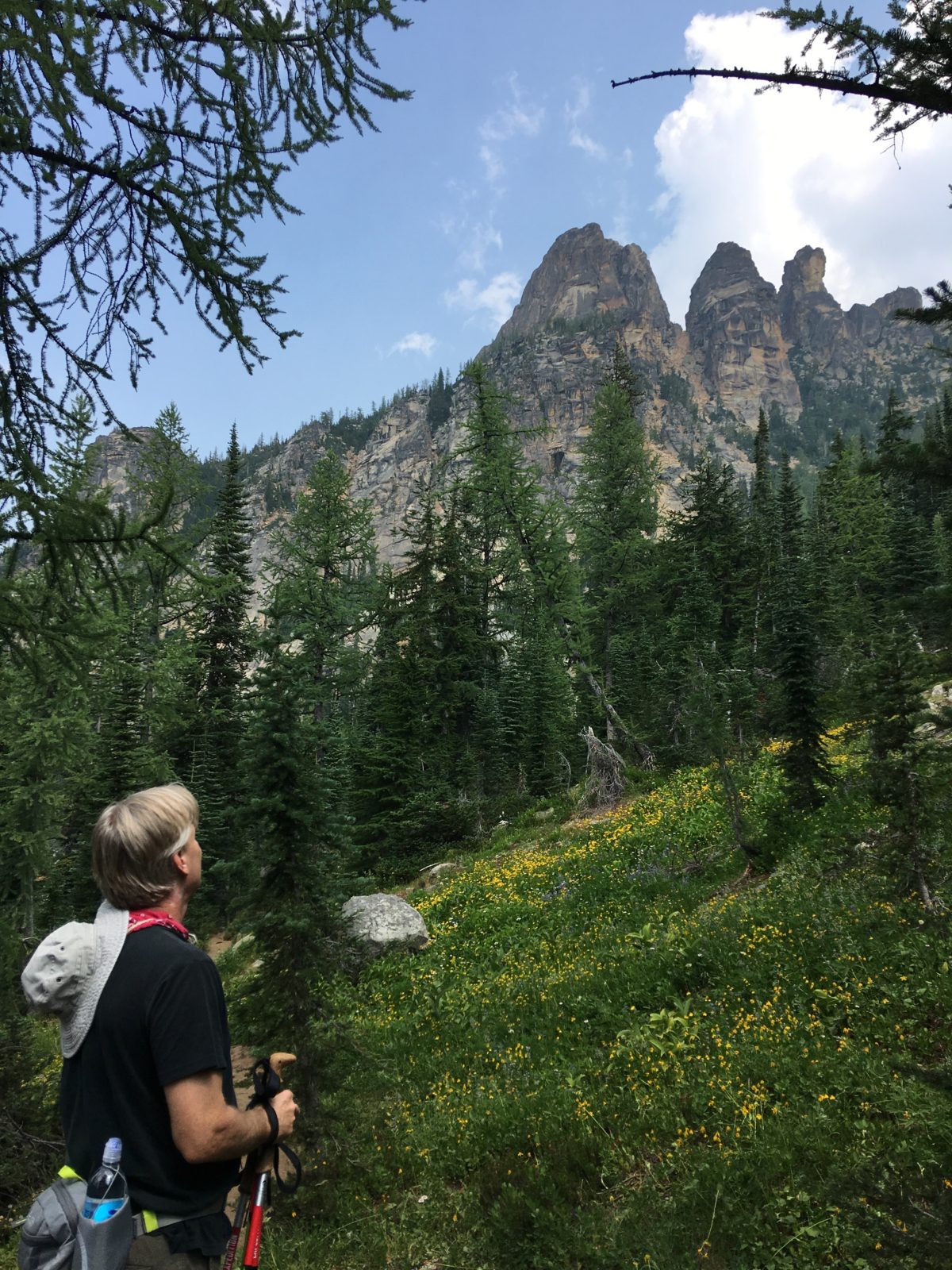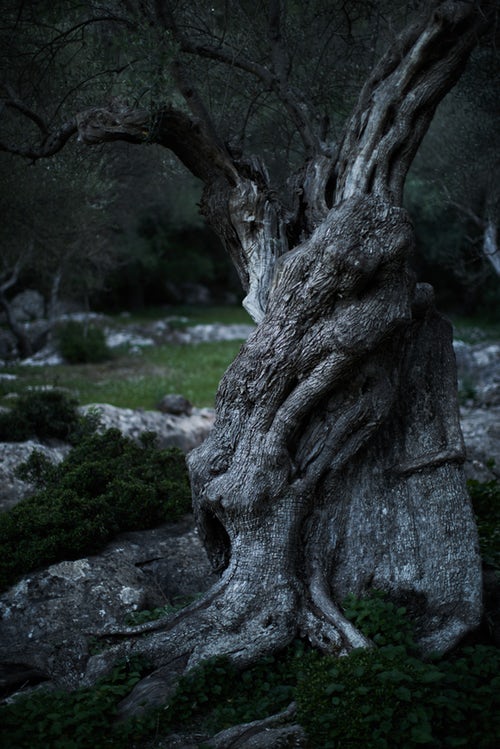I’m spending this weekend in the White Mountains of Arizona with my beloved, to celebrate 35 years of life together, and to refresh and invigorate my body, mind and spirit.
Being outside in the cool air and towering pine trees, (the largest grove of Ponderosa pine trees in the world), and inhaling that rich pine scent is like a hypodermic needle shot of anti-depressant and happiness booster for me.
And it’s truly a emotional, physical and spiritual experience. And science can back that up.
Spirit does affect the body, and vice versa—
When you experience something pleasant or enjoyable, brain chemicals are released and those chemicals cause a chain reaction throughout the body. Senses are heightened, happy hormones are released along with soothing brain chemicals. Happiness permeates your body systems. And all of that can heighten your joy.
When people say something is good for the spirit, like my mountain experience, they aren’t kidding. While scientists don’t completely understand why and how it happens, they can see the positive effects from it. The Greater Good Science Center located in Berkeley, California dedicates itself to uncovering why and how experiences enrich our lives and make us happier.
Joy-infusing experiences make us feel physically better, they improve health and can heal. They soothe us, refresh us, and give life meaning.
And we often feel a greater connection to God. The spirit that gives life meaning, that makes us so much more than just a living organism focused on maintenance, staying alive, and propagating ourselves, is stimulated by the experience, and the body reacts.
If that’s the case, how can we separate the two, when they’re so closely intertwined and interconnected? If a ravaged, pained body can affect the spirit so severely; and a ravaged, pained spirit can affect the body in a similar manner? If a healthy body and improve the spirit’s outlook; and an uplifted spirit can do the same for the physical component.
God has indeed made us very complex individuals. And is that any surprise?
The spirit of life we hold within us was breathed into us by Him. It is so much a part of Him that when it leaves our bodies at death it returns to Him. (Absent from the body but present with the Lord.) We are made in His image. Both the body and spirit give us life, in different and in complementary ways. And that’s one of life’s mysteries that makes human life so rich. One we should embrace.
The body and spirit interactions in which we can rejoice.
Are we more spirit than body?
When you’re standing on a mountaintop, inhaling the thinner, fresher air, feeling the cool breeze caress your face, smelling the exquisite scents peculiar only to juniper and pine-clad landscape, tell me which you feel more of at that moment. Body or spirit?
Or is it a beautiful, complex marriage of both?
What do you think?
NEXT WEEK: More reasons why I think the body is just as important as the spirit.
Until then, enjoy your surroundings and the marvelous effects they have on both your body and spirit!
Blessings,
Andrea
May you prosper in all things and be in health, just as your soul prospers (3 John 2).
Photo by Andrea A Owan

